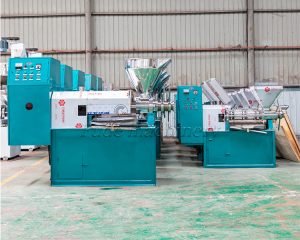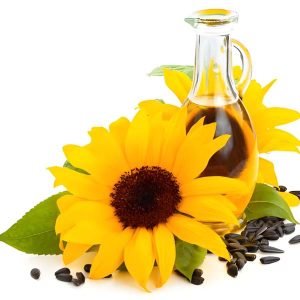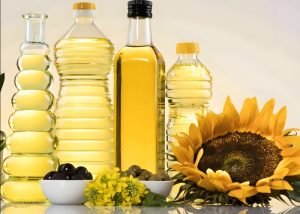Which Peanut Oil Process Suits Your Business Needs Best?
Making peanut oil? You need the right equipment. Choosing the best process is important. Let us help you decide.
You can make peanut oil using pressing or solvent extraction. Pressing uses force to squeeze oil out. Extraction uses chemicals to dissolve oil. The best choice depends on your goals for yield, quality, and cost.
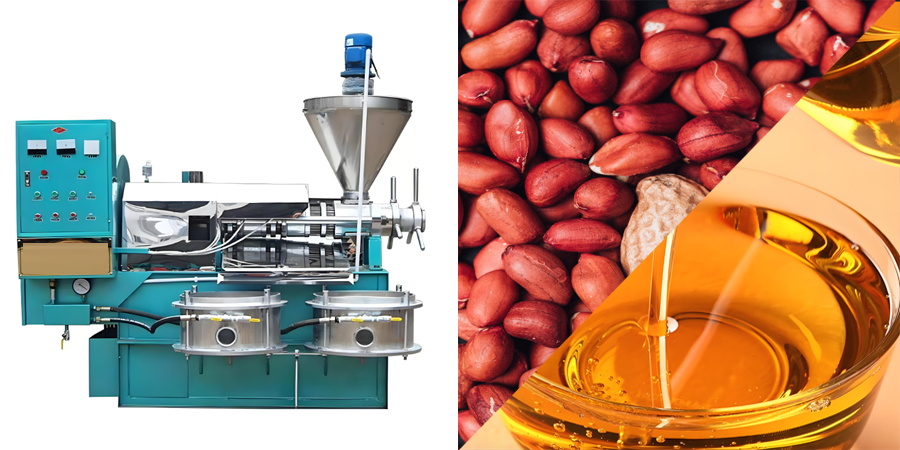
You want the best way to get oil from peanuts. Let’s look closely at each method. We can help you understand the differences.
Types of oil presses
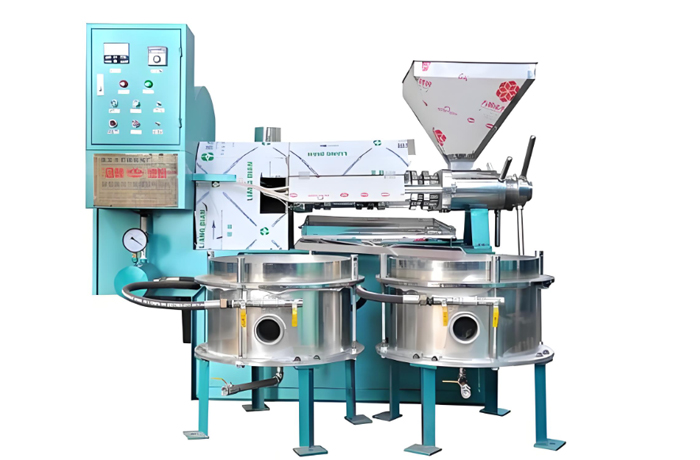
| Screw oil press |
| Mainly utilizing the principle of screw extrusion, the oil crops are crushed under high temperature and high pressure through the extrusion of the rotating screw shaft and the inner wall of the press chamber, so as to press out the oil and grease. This kind of oil press is simple in structure, convenient in operation, strong in continuous production capacity, and suitable for the extraction of many kinds of oils and fats. |
| Hydraulic Oil Press |
| Adopting high pressure working principle, it is suitable for oil with high oil content. Pressing walnut, soybean, sesame, peanut its production process is safe and stable, oil quality is high. Small size can be chosen for home use, medium and large size is suitable for small and medium-sized oil and grease processing plants. |

Which Process Makes Higher Quality Peanut Oil?
Customers care about oil quality. Quality includes taste, smell, color, and nutrients. How does the process affect the final oil quality?
Cold pressing often makes the highest quality crude oil with good flavor. Hot pressing and solvent extraction use heat or chemicals, which can affect oil quality and require more refining.
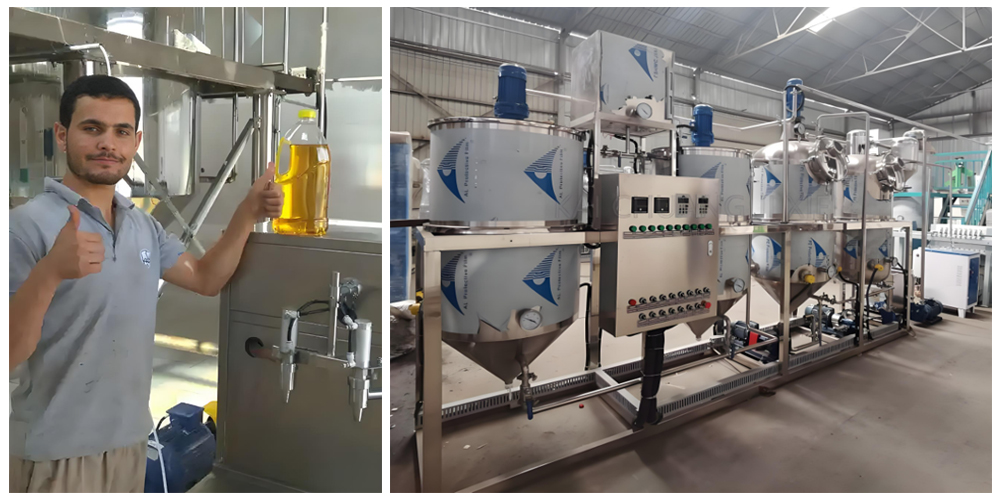
Oil quality is complex. It depends on many factors. The raw material quality is first. The processing method is also very important.
Pressing Quality
- Cold Pressing: This method uses low temperatures. It does not use chemicals. The oil keeps more of its natural flavor, color, and nutrients. It has a strong peanut taste. It needs very little refining, or refining equipment none. This oil is often sold as premium edible oil.
- Hot Pressing: This uses heat. Heat helps get more oil out. But heat can damage some nutrients. It can also affect the flavor and color. Hot pressed oil usually needs more refining than cold pressed oil.
Extraction Quality and Refining
- Solvent extraction uses chemicals and heat (during desolventizing and solvent recovery). This process is hard on the oil. The crude oil from extraction has impurities. It also has solvent residues that must be removed.
- Extracted oil always needs refining. Refining removes impurities, free fatty acids, color, smell, and any solvent traces.
Refining Steps Often Needed
- Degumming: Removes phospholipids.
- Neutralizing: Removes free fatty acids.
- Bleaching: Removes color pigments.
- Deodorizing: Removes bad smells and tastes, and solvent traces.
If your goal is to produce high-grade edible oil with natural flavor and minimal processing, cold pressing is often preferred.
What are the Costs for Each Process?
Business decisions involve costs. You need to think about the initial price of equipment. You also need to think about the cost to run the process every day.
Pressing equipment is generally less expensive to buy and operate for smaller scales. Solvent extraction plants need a higher initial investment and have higher operating costs.

Let’s break down the costs. There is the capital cost and the operating cost.
Initial Costs (Capital Investment)
- Pressing: A pressing line needs presses, pre-treatment machines (cleaners, crushers, cookers), and filter presses. These machines are less complex than extraction equipment. The total cost is lower, especially for small or medium scale. We offer machines suitable for small to large pressing plants.
- Extraction: An extraction plant is a large, complex system. It includes the extractor, desolventizer, evaporators, condensers, solvent recovery system, and often a pre-pressing section. It also needs advanced safety systems. The cost for an extraction plant is much higher than for a pressing plant of the same capacity.
Operating Costs (Running the Business)
- Pressing: The main costs are electricity for motors, labor, and maintenance. There are no chemicals used in pressing itself. It is relatively simple to run.
- Extraction: Operating costs include electricity, steam (for heating and solvent recovery), solvent loss (a small amount is always lost), labor (needs more skilled operators), and maintenance. The cost of solvent and energy makes it more expensive to run per ton of peanuts compared to pressing.
Choosing the right process means looking at your budget. A small business or someone just starting might prefer pressing because the initial cost is lower.
How Do You Choose the Right Process for Your Business?
You have different business goals. Your market needs are unique. How do you decide between pressing and extraction?
Choose pressing if you need lower initial cost, simpler operation, higher crude oil quality, or produce oil press. Choose extraction if you need maximum yield, process large volumes, and plan for full refining.

The best process is the one that fits your specific situation. Think about these things.
| Decision Factor | Choose Pressing If… | Choose Extraction If… |
|---|---|---|
| Scale | Small to Medium | Medium to Large |
| Initial Budget | Lower Investment Needed | Higher Investment is Possible |
| Running Costs | Want lower operating complexity | Can handle higher energy/solvent costs |
| Crude Oil Quality | High natural quality is priority | Planning for full refining anyway |
| Oil Yield | Sufficient yield with some oil in cake | Need maximum possible yield |
| Final Product Type | Natural Edible Oil | Refined Edible Oil, Industrial Oil, Low-Fat Meal |
| Operation | Simpler, fewer risks | More complex, requires safety protocols |
Zhengzhou Fude Machinery can design custom solutions for you. We offer many types of oil press and refining equipment. We can help you find the right machines for your needs. Our team has experience helping clients worldwide make these choices. We look at your raw material, target capacity, budget, and final product requirements.
Related recommendations
-
What plants are suitable for the spiral oil press to make oil
241Spiral oil press has a wide range of applicability and can press various plant oils to meet the needs of different users
View details -
Is organic sunflower seed oil pressed
331Organic sunflower seed oil is usually extracted by pressing method. The pressing method, also known as the "physical pressing method", is to use external force to squeeze out the oil in the oil without using other chemical solvents, thus avoiding ...
View details -
How Can You Prevent Sediment and Blockages in Oil Pressing?
232Oil pressing sediment and blockages halt your production. They reduce your output. They also waste your time and money. We understand these frustrations in edible oil production. This article gives you clear steps. You will learn how to avoi...
View details -
Introduction to different types of oil presses
705Spiral oil press is a widely used oil pressing equipment, mainly used to extract oil from various oil crops.
View details
 Oil Press Equipment and Oil Refining Machinery for Sale – Start Your Oil Press Business
Oil Press Equipment and Oil Refining Machinery for Sale – Start Your Oil Press Business
